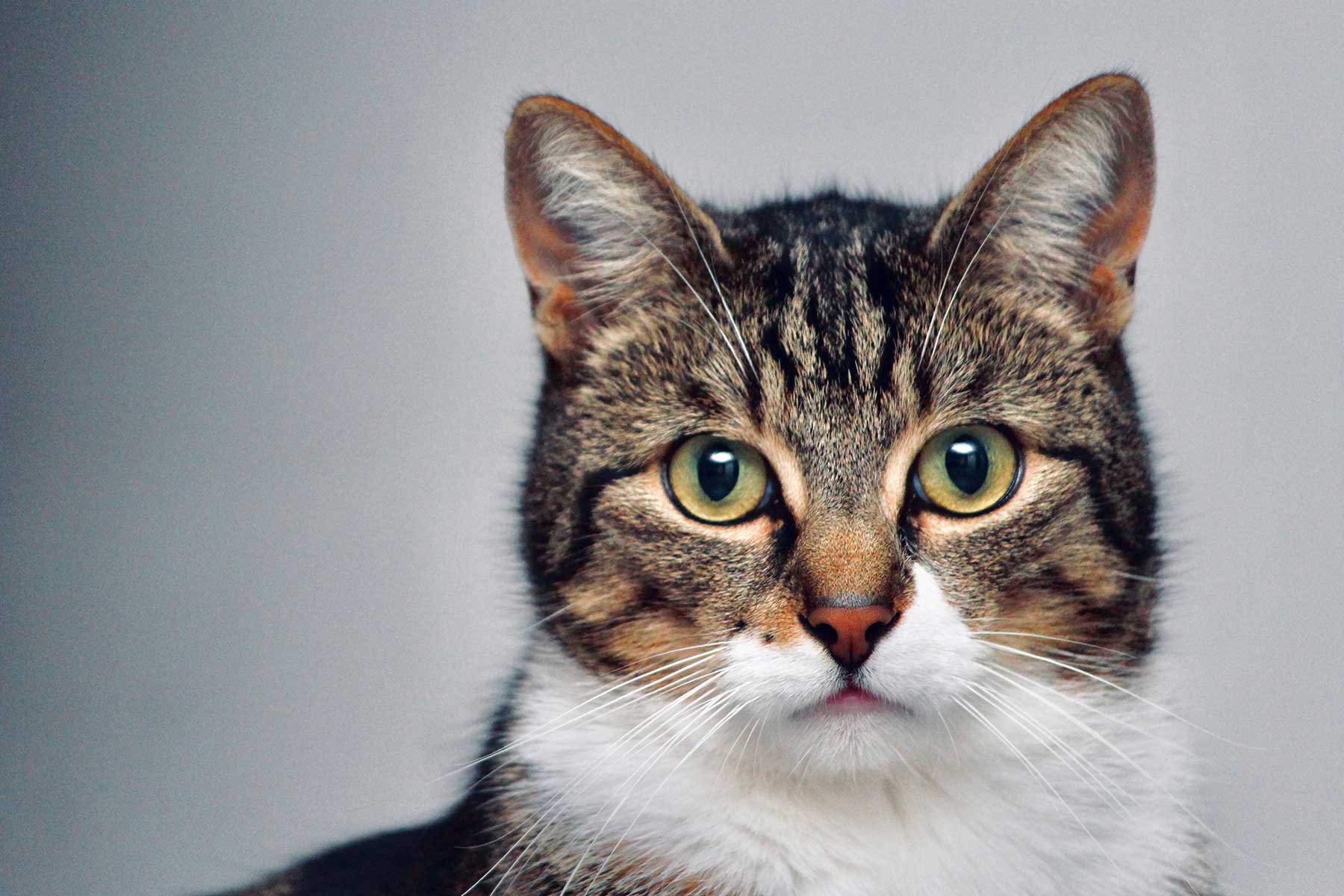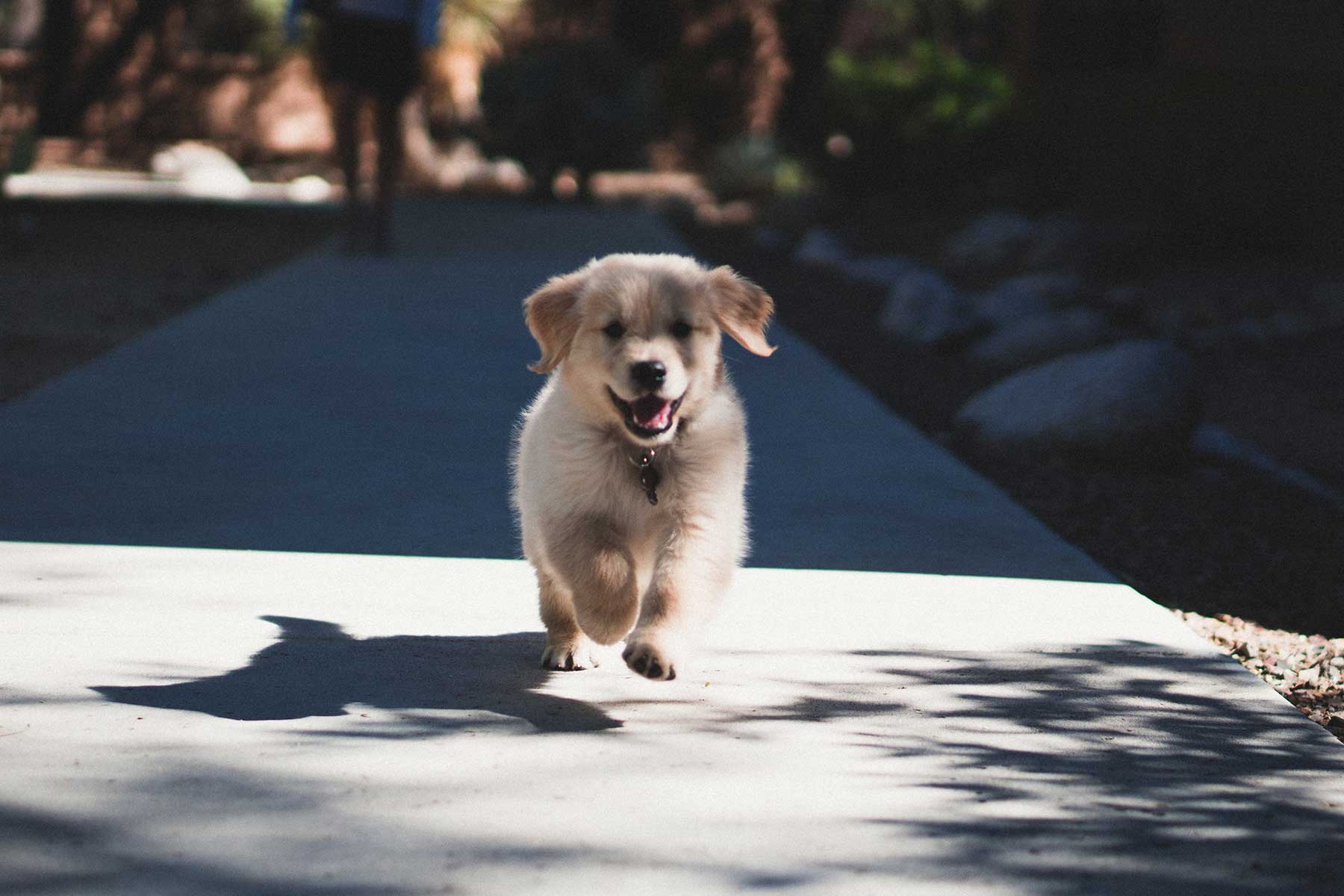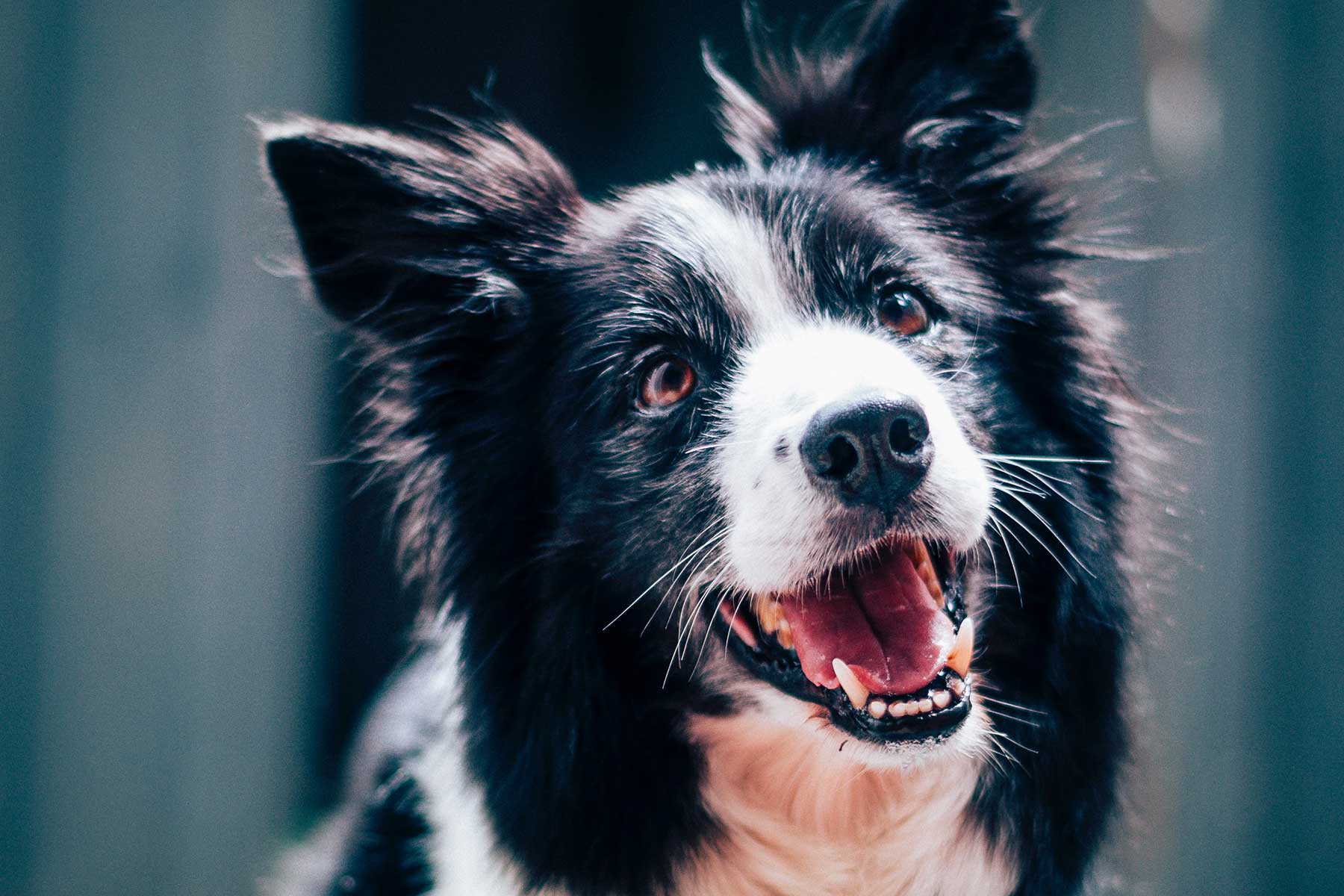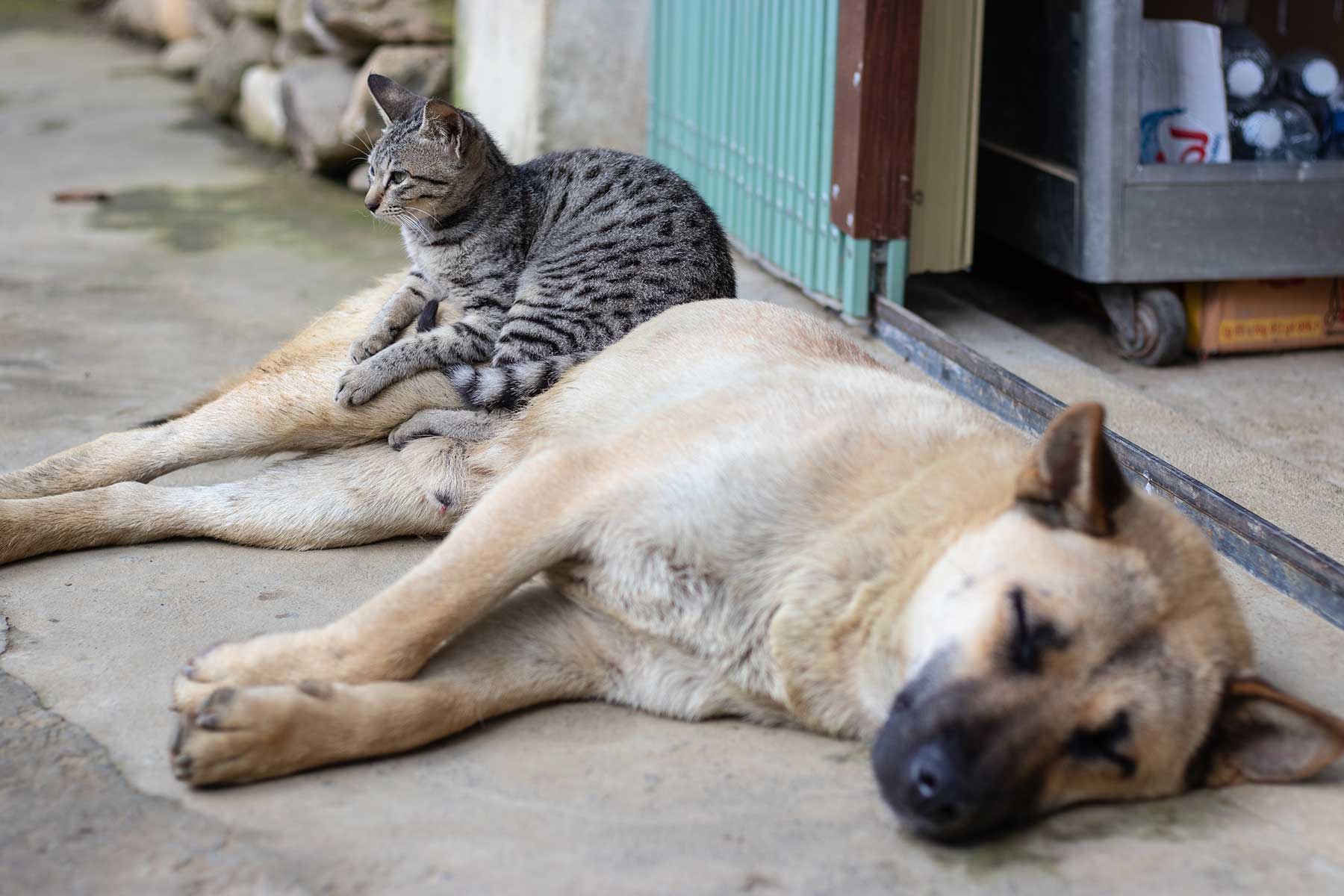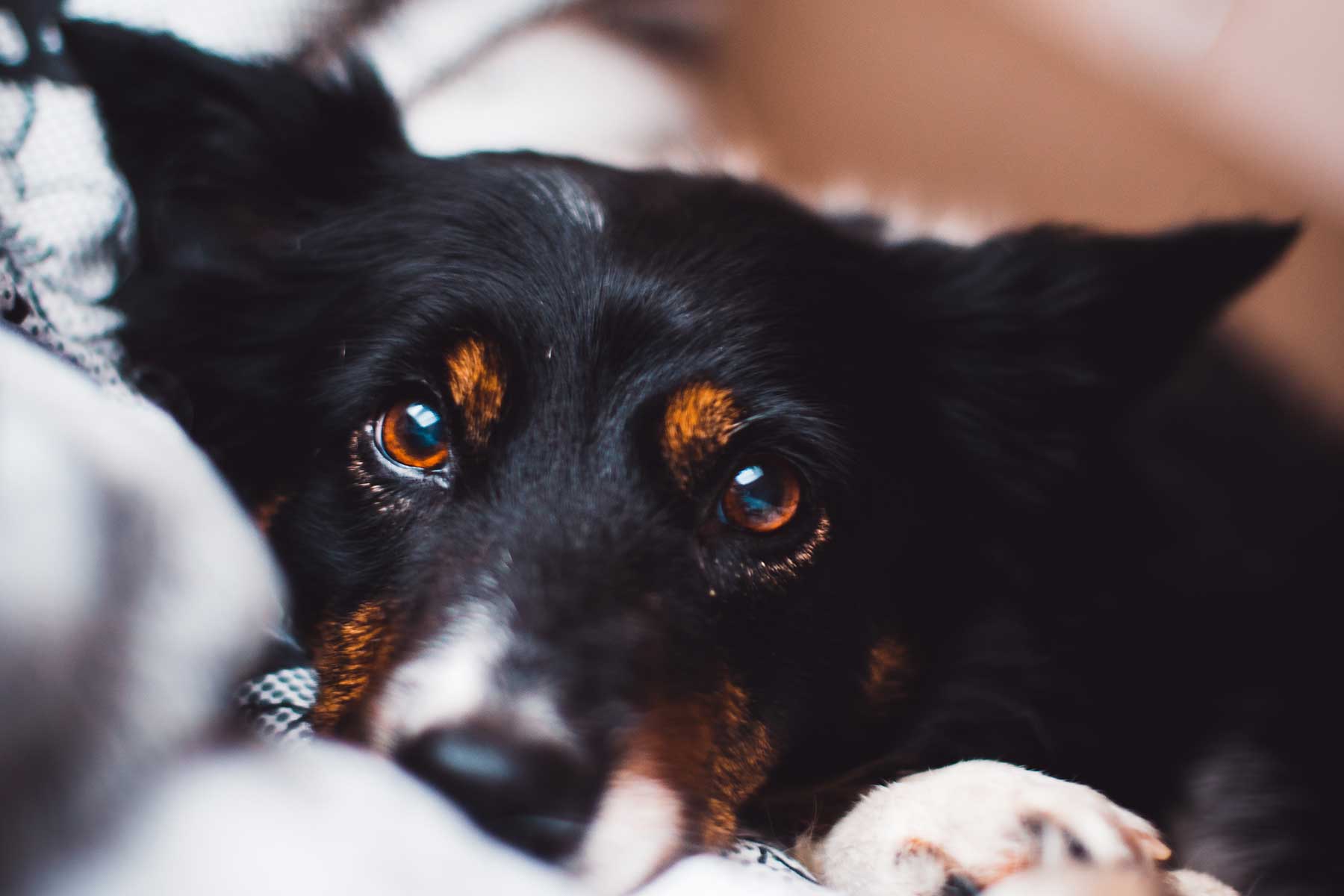A disease prevention program is of vital importance to Budgerigars especially when mixing of birds occurs – such as when new birds are added to aviaries.
When controlling disease it is important to understand how infectious agents may be spread. This can be by direct contact between birds, feather dust, air droplets or via contaminated surfaces (such as cages). Mixing of birds is probably the most significant factor for disease transmission.
The main aims of the Budgerigar Disease Prevention Program are to:
- Quarantine to prevent disease
- Test and treat sick birds
- Improve hygiene
- Minimise drug and veterinary costs – quarantine, hygiene and good nutrition should enable you to decrease your financial outlay on these costs by up to 80%.
DISEASES TARGETED
- Canker – very resistant to majority of drugs now
- Coccidiosis
- Psittacosis – less common in budgies than other parrot species.
- Worms – especially roundworm and threadworm/hairworm.
- Avian Gastric Fungus/Megabacteria – can lie dormant in carrier birds.
- Scaly face mite (Cnemidocoptes sp.)
AVIARY CARE
Keeping a clean and hygienic aviary is very important in the disease prevention and control program. Ensure regular thorough scrubbing of organic material such as droppings, seeds, nesting material and dried foods BEFORE using a disinfectant throughout the cage. Avisafe is the preference for disinfection of aviaries. However, Halasept or household bleach (10%) are also economical and effective.
QUARANTINE
To be effective, a quarantine period must be for at least 42 days. This allows time for most of the above diseases to be detected either by visible signs or by testing. Note that no test is 100% accurate and that “false negative” results can occur. In these cases, moving birds from quarantine into the main aviary is always done with a slight degree of risk. There should always be a policy of “all in – all out” when conducting quarantine, and to achieve this if you are buying new birds within 6 weeks of the last time, you need more than one isolation cage or flight to be available. During quarantine, perform faecal and crop tests in the first and last week.



